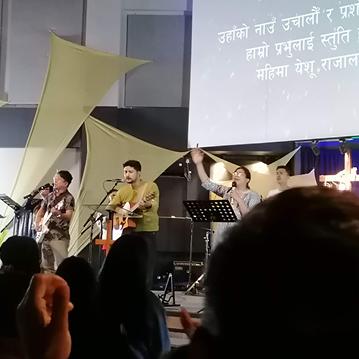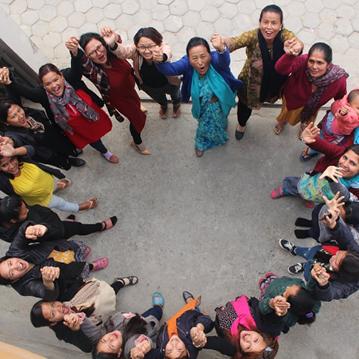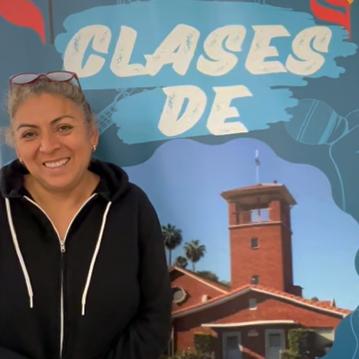Course Syllabus
The structure of the Music Ministry Practicum is simple: 1) students spend five hours per week on site with their mentors, and 2) they met with the professor weekly to report on their experiences. Below is the text of an email that was sent to the practicum mentors. It explains the context well.
In the past, weekly meetings with the six practicum participants have been quite fruitful. The students often experience aspects of music ministry that they had never seen before, and they get a chance to test their wings in preparation for ministry after graduation. Their insights as they compared their practicum situations to what they had learned in four years at the Seminary were very valuable . It appears that they also learned a good deal in the meetings as they asked questions and discussed the differences in their various churches.
Dear Mentors,
Thank you for agreeing to work with a Northwestern student next semester, guiding them and giving them experience in your worship setting. I know some of the situations aren’t confirmed yet, but I wanted to touch base before break and connect you with your students so we could hit the ground running in January.
The Music Ministry Practicum is a two-credit course for music ministry majors who have completed all other course requirements. The NWC catalog describes it this way: “At the conclusion of the music ministry major course work, the student will be placed in a local church to gain hands-on experience in the field. Through the Practicum the student will further refine areas of strength, be introduced to a broad array of worship ministries, and develop skill in organization and planning. The ministry activities and church situation will vary depending on the student’s strengths, performance background, and career focus.”
Unlike the full-time immersion that education majors experience in their internships, the Practicum is more of an introduction. We expect that the student will spend an average of five hours per week in their host church. Each situation will be different, but we hope that each student will both contribute and learn. Your student already has skills in the areas of up-front leadership, worship planning and so forth and you can feel free to utilize their skills. We hope you will also be able to introduce your student to all aspects of your music ministry—planning, rehearsing (praise team, choir, drama, etc), leading—even worship committee meetings! Just like any mentoring situation, give them as much responsibility as you think they can handle. For example, they might begin by singing in the choir, advance to leading sectionals, and finish the semester conducting in a service. Don’t feel that you have to teach the students everything they need to know in one semester. They have had classes in most areas of music ministry and will continue to learn as they begin work in their own churches. Your role is to simply let them experience *your* way of doing music ministry in your particular context.
The semester runs from January 11 to May 6, and we hope you’ll be able to meet most of that time. Below are the mentor/student pairings and student contact info. I will also be giving them your information, so I hope you’ll be able to connect in the next few weeks.
Of course, if you have any questions, don’t hesitate to contact me. I’ll be in town through the break.




